Six months since Russia imposed an embargo on imports of agricultural products from the European Union, Matteo Bartolini President of CEJA (European Council of Young Farmers) comments on the continuing effects of the ban for farmers.
MF: Can you recap on the background to the Russian embargo?
MB: Russia declared an embargo on 1 August 2014 on all imports of agricultural products from the European Union (EU) in response to sanctions imposed by the EU. Immediately, 50% of all EU agricultural imports to Russia were stopped overnight and deliveries were halted at the border. As you can expect, this had a swift impact on the entire EU market. The products affected make up 4.2% (€5.1 billion) of all EU agricultural exports. The banned products include in particular meats, milk products and fruit and vegetables. As you may remember, CEJA responded with the launch of the veggieselfie campaign (see CEJA column September 2014) in support of European farmers.
MF: What measures have the European Commission introduced to assist producers?
MB: The Commission acted quickly and implemented the first emergency assistance measures to peach and nectarine producers just 10 days after the ban was enforced. By the end of August, exceptional measures were also introduced for the milk sector, including Private Storage Aid for butter, Skimmed Milk Powder (SMP) and certain cheeses. More exceptional measures followed, with a targeted €165 million scheme for all perishable fruit and vegetable products. Measures from then on became increasingly targeted, including €28 million set aside exclusively for Baltic milk producers, for example. It is no surprise that the countries geographically (and historically) close to Russia have been by far the hardest hit. Special measures were also extended to Finnish milk producers who are big exporters to Russia.
MF: What are the ongoing effects of the embargo?
MB: Despite these important and swift measures, European producers are still suffering from the effects of the ban which is scheduled to continue for another six months at least. It is crucial that close attention continues to be given to the issue. Producers have already expanded into other export markets and are making use of an additional €30 million of EU funding for CAP promotion funds. This has resulted in EU agricultural exports growing in 2014, despite the Russian embargo. This is testament to the ability of European farmers to adapt to shocks in the market but, nonetheless, there are those who have simply lost too big a share of their market to cope.
MF: What are the prospects going forward?
MB: It is crucial that Europe – not just farmers, but politicians and the general public as well – shows solidarity and strong support for farmers affected, particularly in the Baltic States and Finland, and particularly young farmers. Young farmers are often still in the investment and development phase of their agricultural business. As a result, they are extremely vulnerable to such shocks. They are likely to have been hit harder than others, especially in certain sectors such as dairy which is already suffering from a surge in supply alongside a drop in global demand. EU dairy farmers are this year in an even worse situation considering the scale of the final super levy fines for the EU producers who went over quota in 2014. It is essential that these fines are not additional burdens on top of those already caused by the embargo and market fluctuations in the sector. CEJA calls for measures to facilitate the payment of these penalties, for example through instalments, and has issued a declaration on the matter which you can read here. CEJA is also calling upon all EU Member States to show solidarity with those who produce our food, both domestically and for export. They already have a demanding enough job to do without these extra pressures.
If you would like to get in touch with Matteo Bartolini or CEJA, email allusers@ceja.eu
Go to: Massey Ferguson Global Facebook page
Go to: CEJA Young Farmers Facebook page
The views expressed in this articles are those of CEJA and do not necessarily reflect the views of AGCO or its employees.














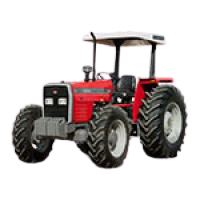




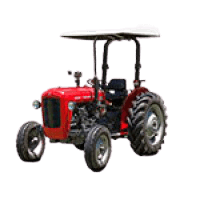
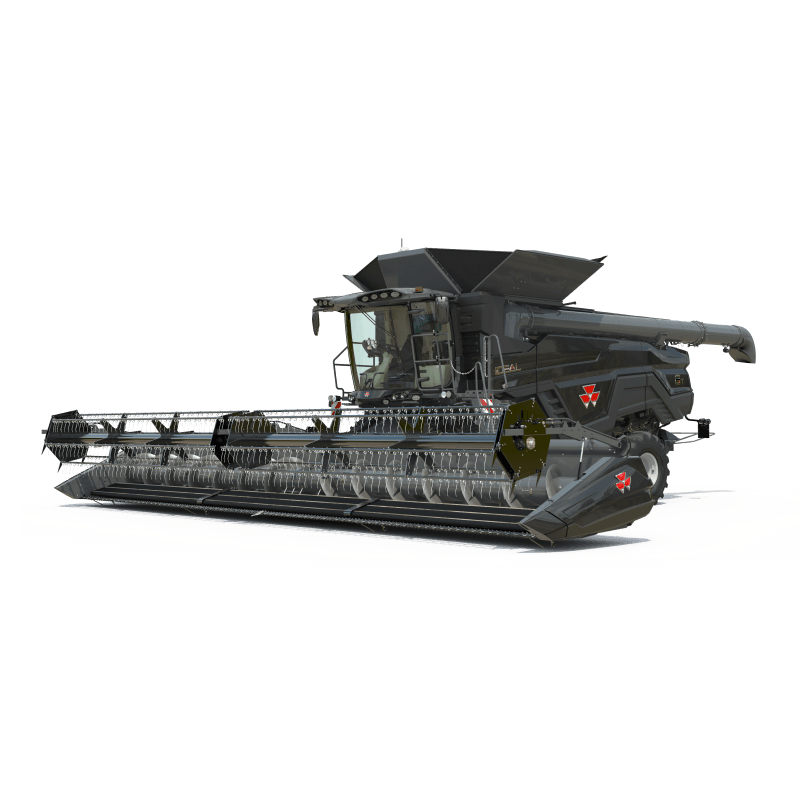





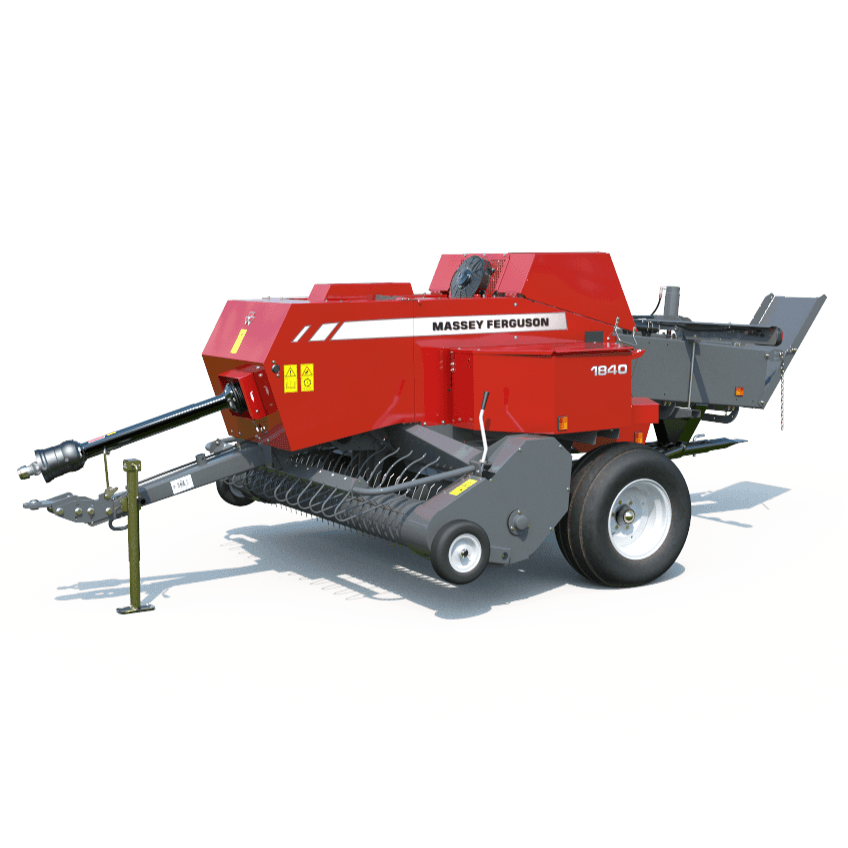
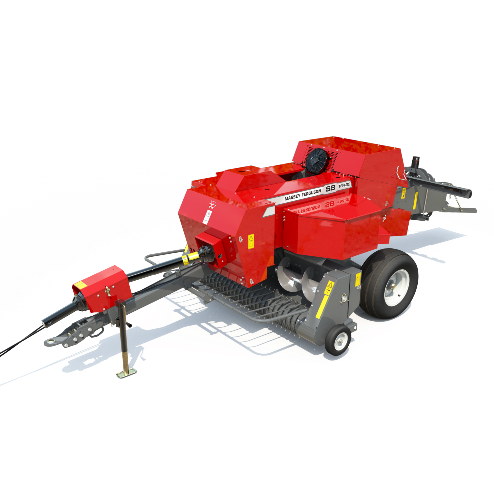

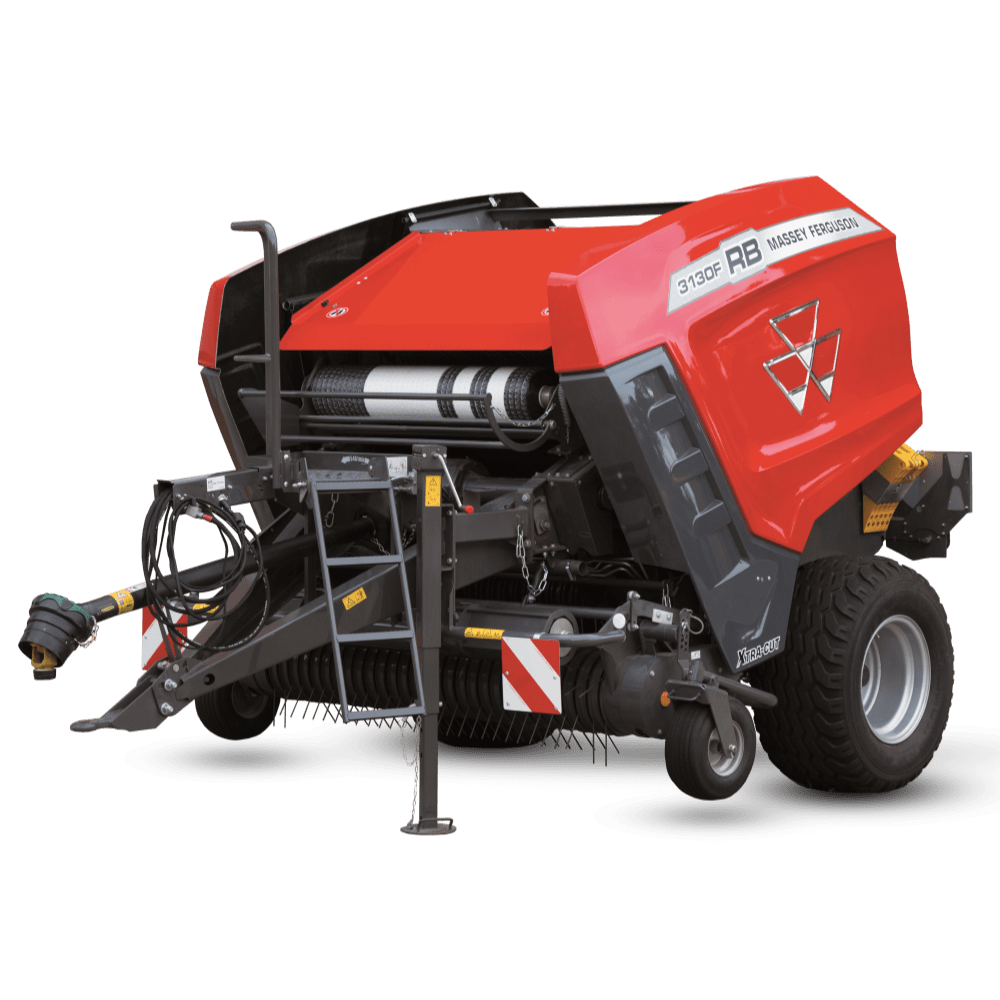
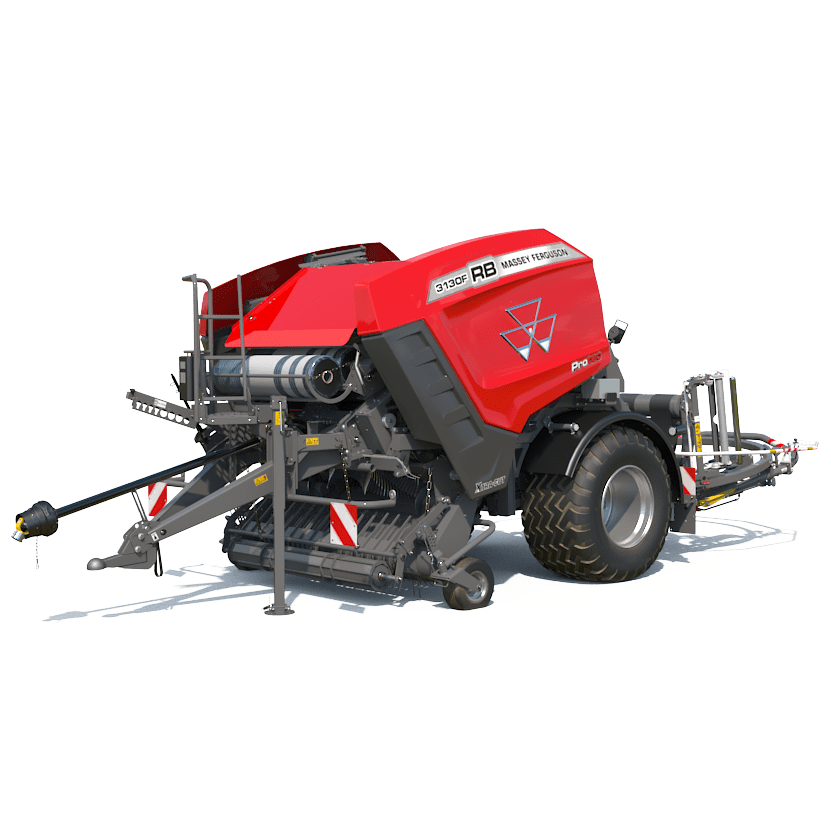
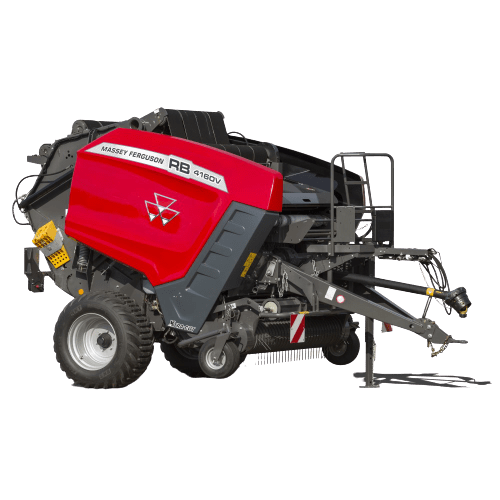


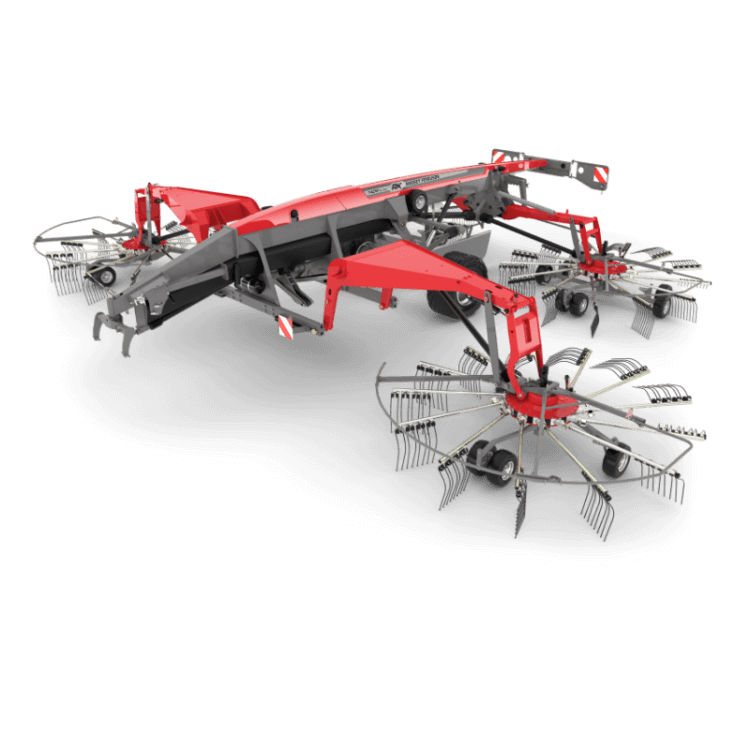
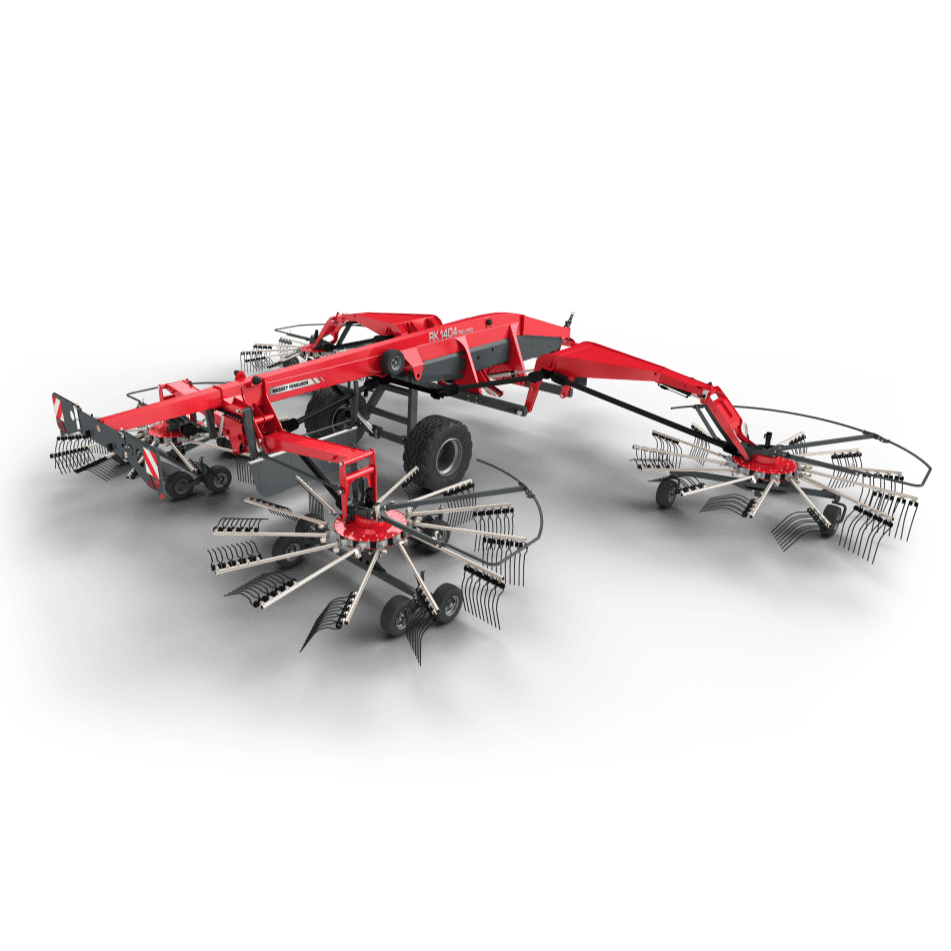

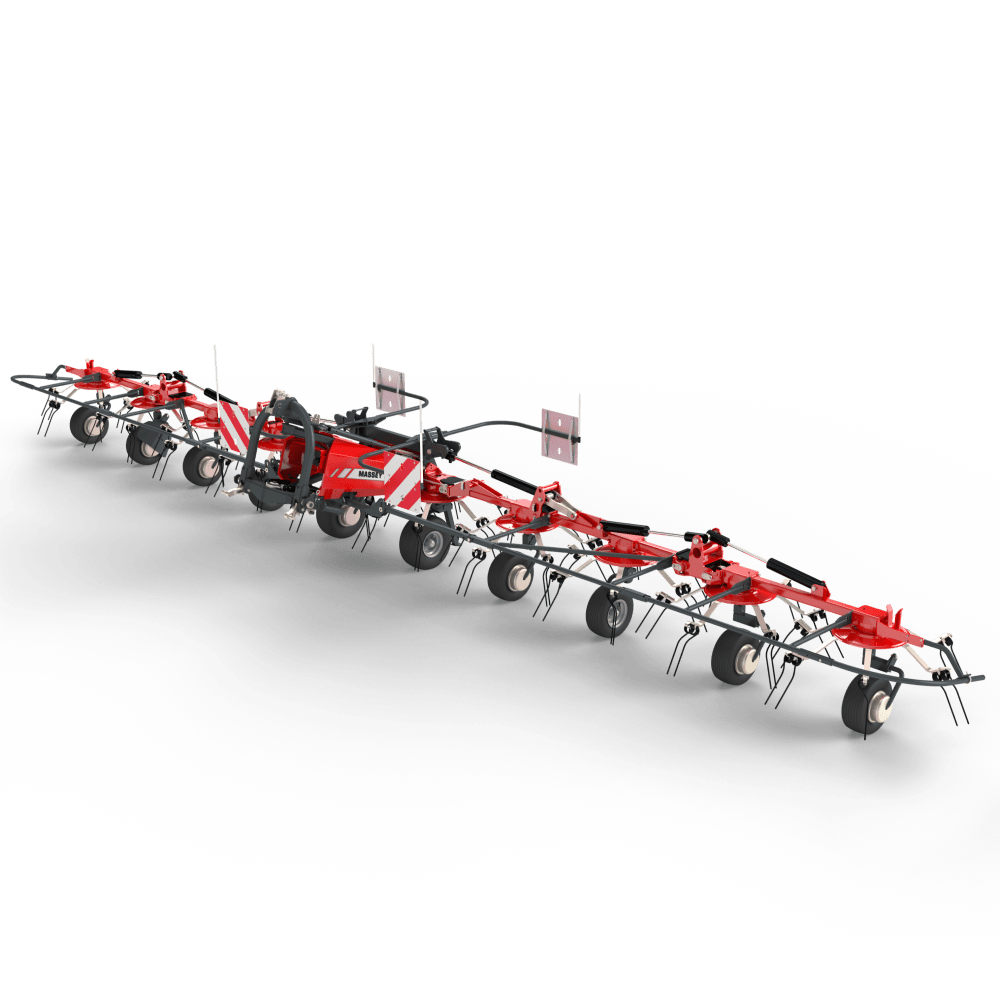




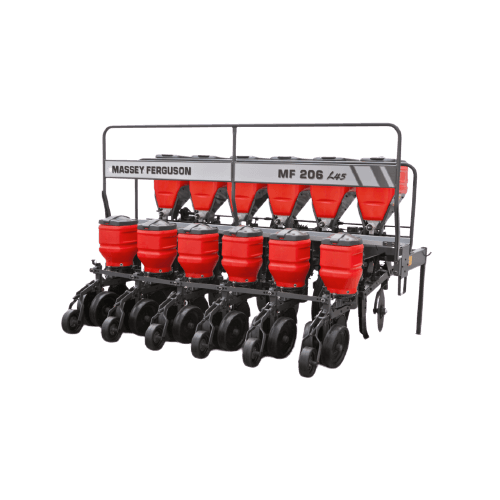

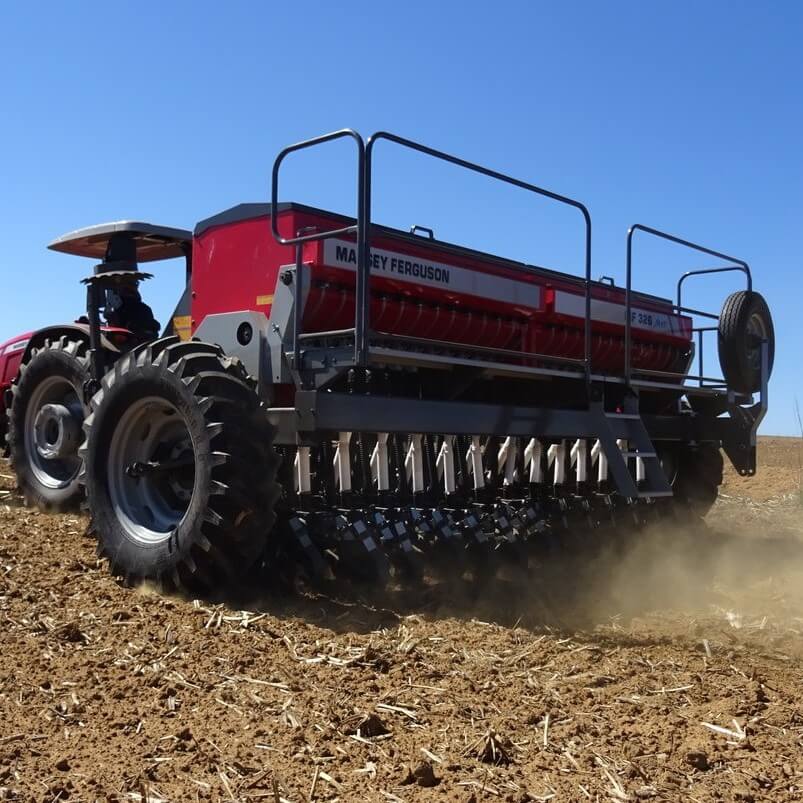
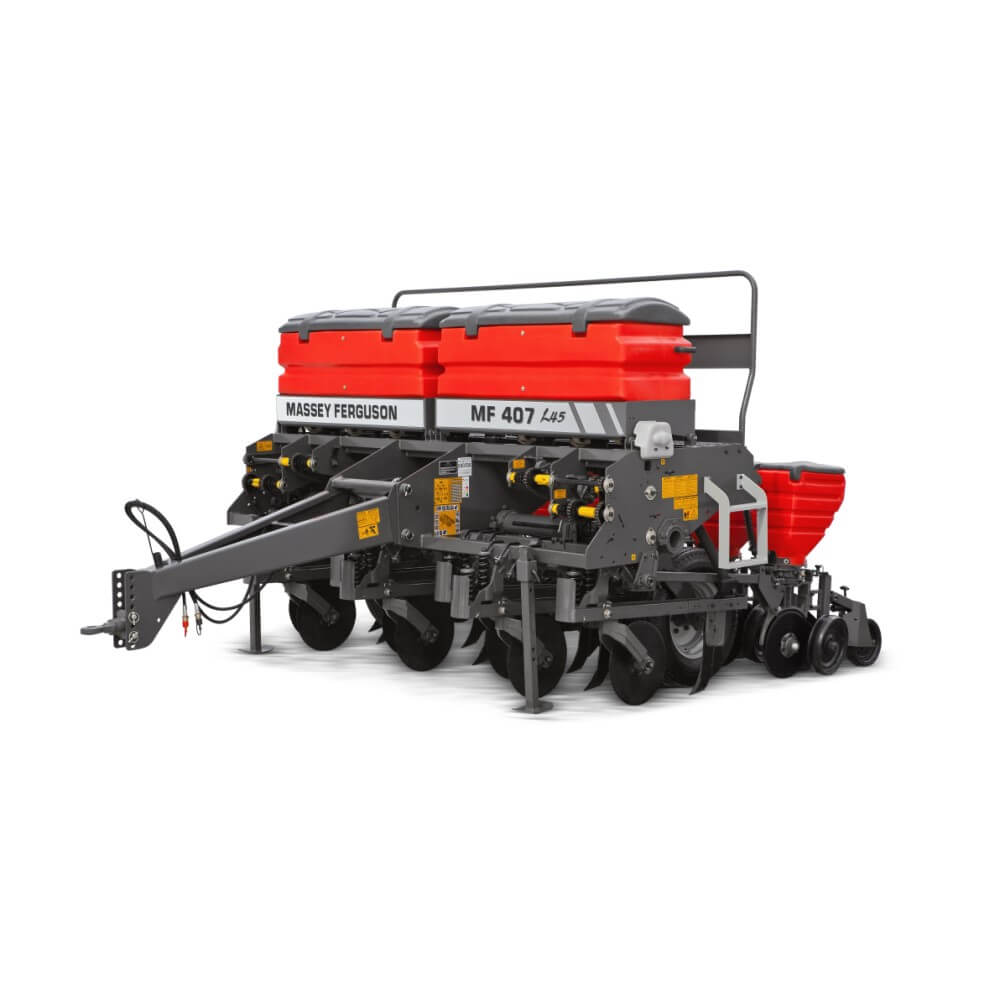
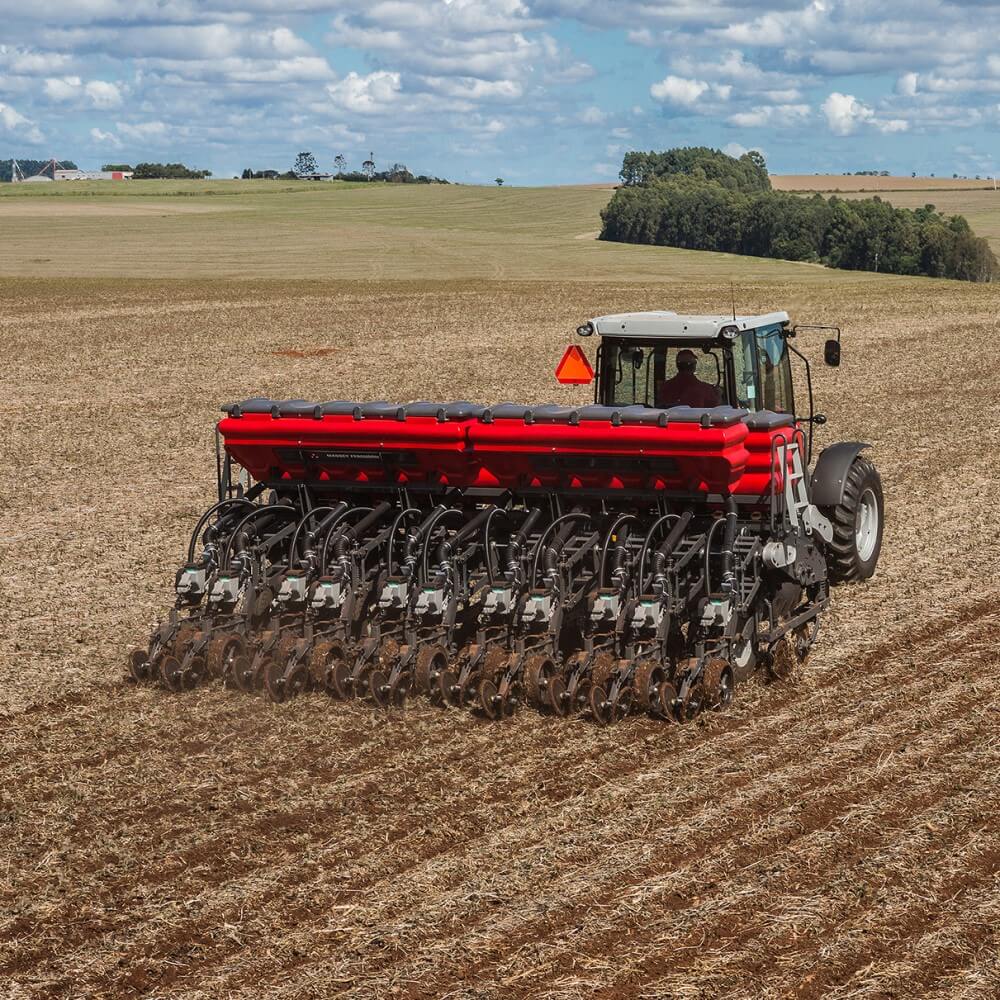
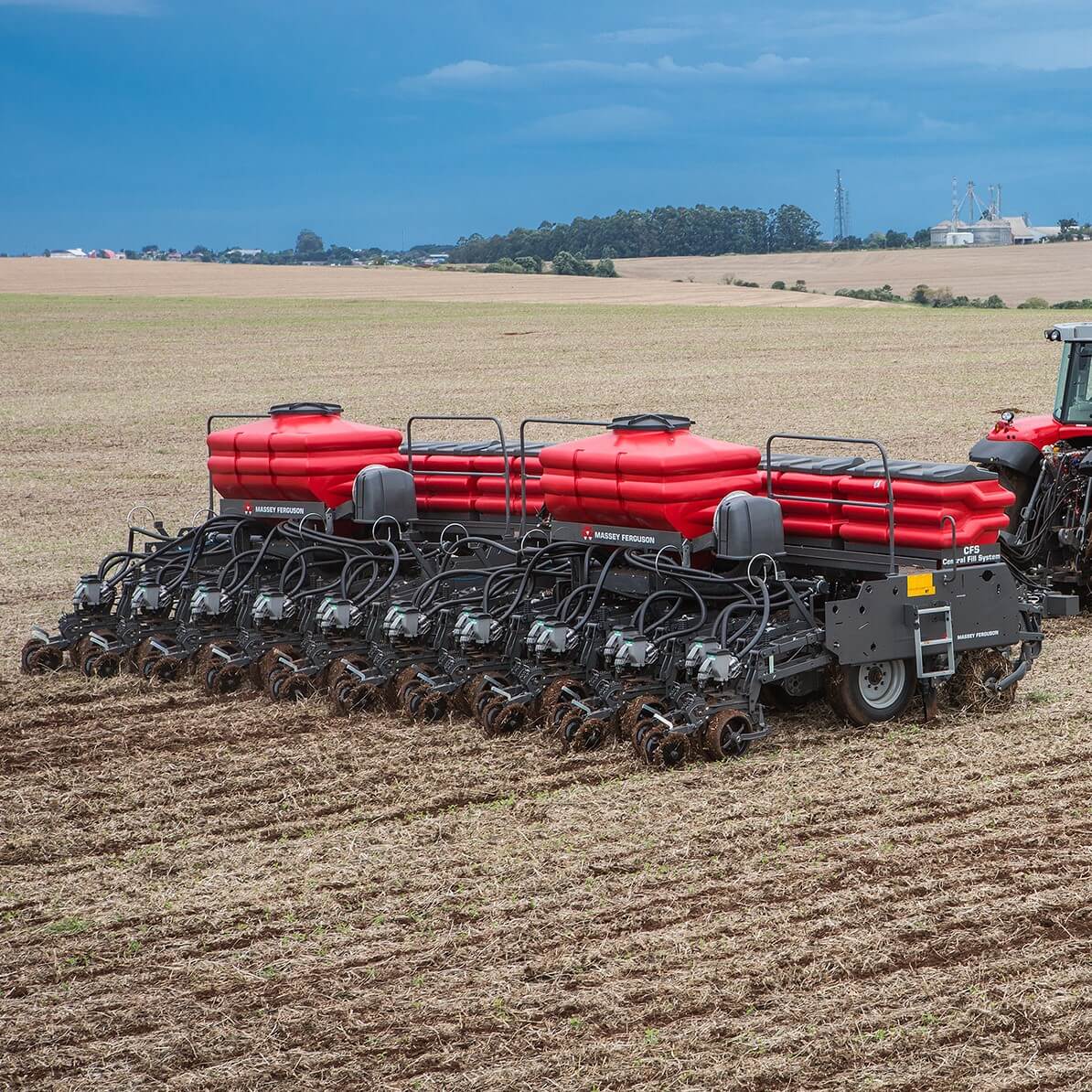
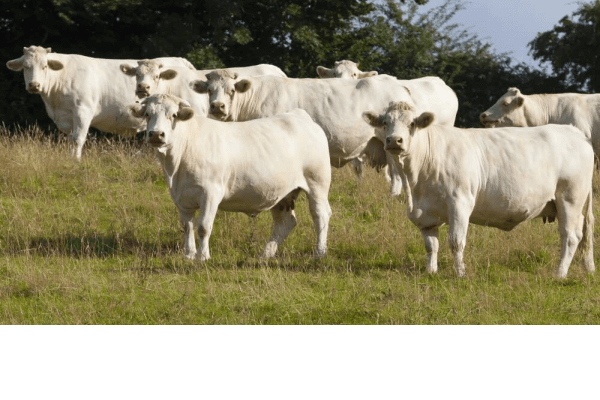



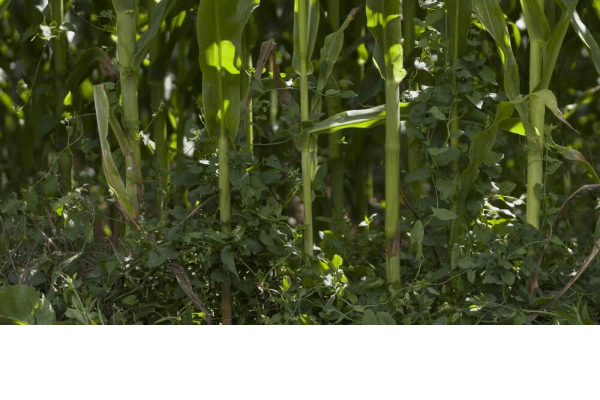
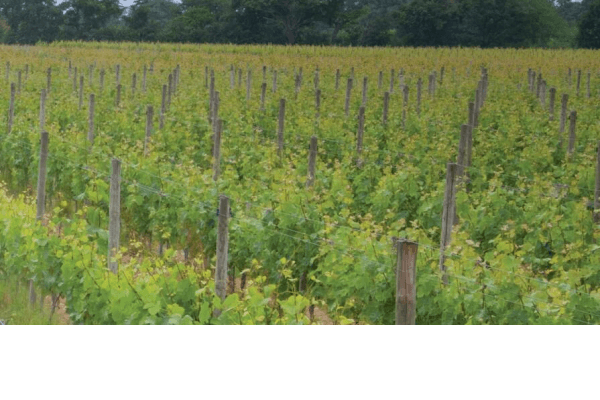
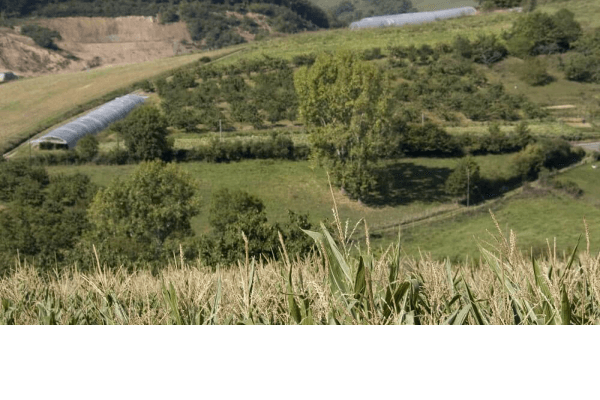


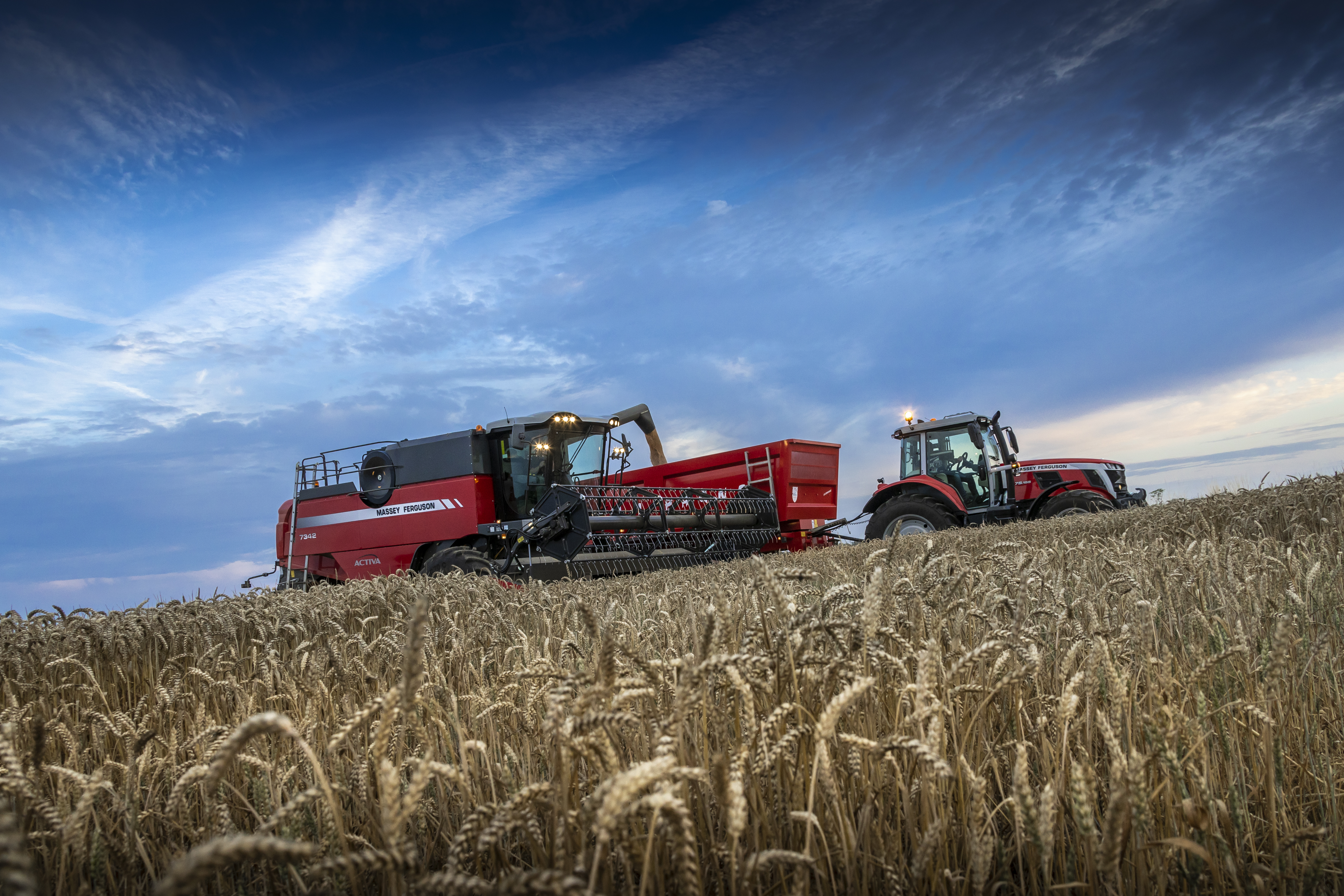


Share